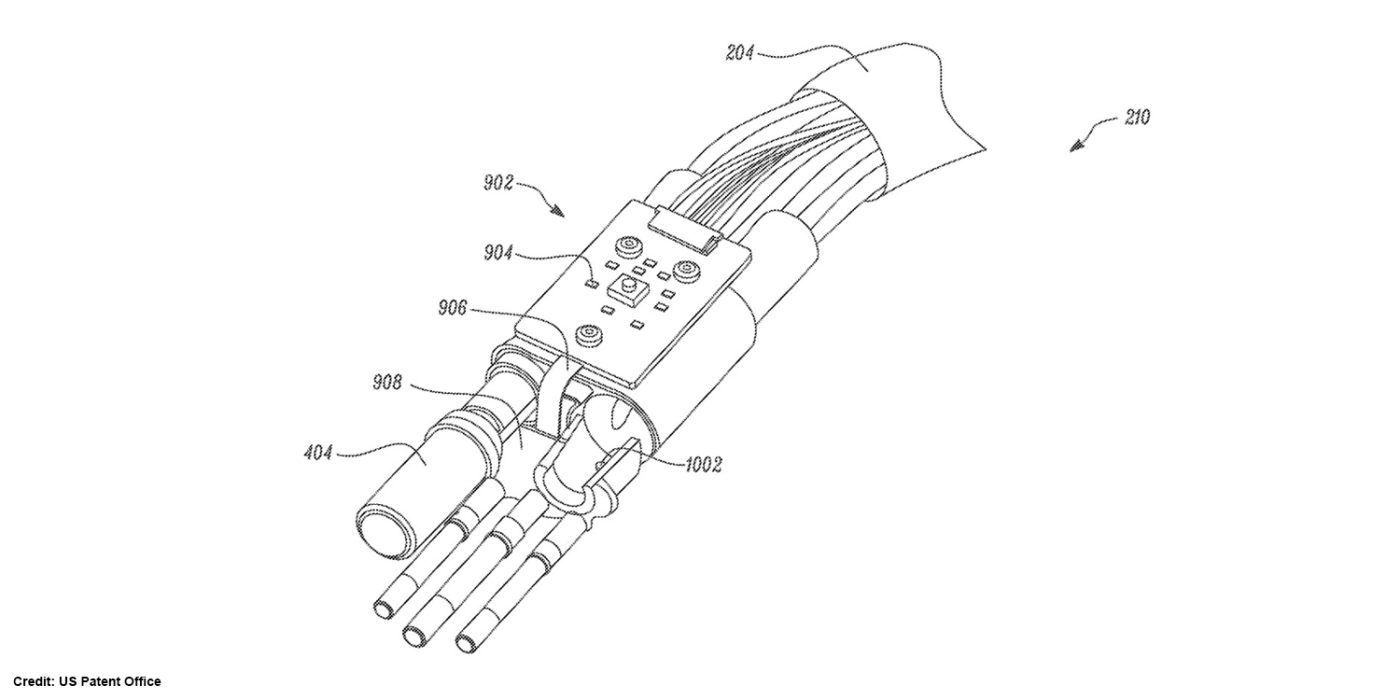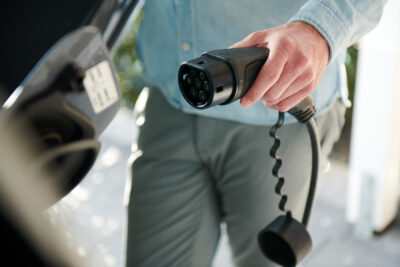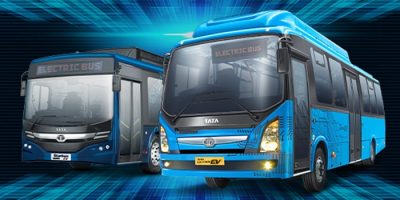Tesla patent shows liquid-cooled charging connector
A new patent from Tesla shows a liquid-cooled charging connector. This could be used in the future in conjunction with the planned Megachargers for Tesla’s electric trucks.
When the Tesla Semi electric truck was presented in November 2017, Elon Musk announced that the vehicle would be able to recharge up to 400 miles in only 30 minutes. Even without knowing key data such as the battery capacity or consumption of the electric truck, it is clear that the Megachargers required for this must offer enormous charging performance.
Tesla has applied for a patent for a “Liquid-Cooled Charging Connector” in order to transfer such large quantities of electricity in such a short time. The liquid cooling of the charging cable extends into the plug itself and also cools the pins to prevent overheating. “Current charging connectors are limited in the current loads that they can support as their ability to dissipate heat is limited. Thus, there is a need for a new charging connector to solve the aforementioned problems,” writes Tesla in the patent.
The new charging connector, therefore, consists of two “sockets” with concentric sleeves. “A manifold assembly encloses the first and second electrical sockets and the first and second sleeves, such that the first and second sleeves and manifold assembly create a hollow interior space there between. The manifold assembly has an inlet conduit and an outlet conduit such that inlet conduit, interior space, and outlet conduit together create a fluid flow path,” as Tesla describes the system.
The cooling sleeves are made of a thermally conductive material to better dissipate the heat generated in the sockets and transfer it to the coolant. Tesla also points out that with this design, cable routing in the charger plug can become more efficient. This could result in the new charging plug being relatively compact despite its high charging capacity.
If Tesla manages to create a proprietary charging system with higher charging performance for the Semi as well, this can be a big advantage in competition with Daimler (via the US subsidiary Freightliner) and start-ups like Nikola – analogous to the superchargers for electric cars. The CCS-initiative CharIn is working on a truck charging standard with a charging capacity of at least 2 MW.





0 Comments